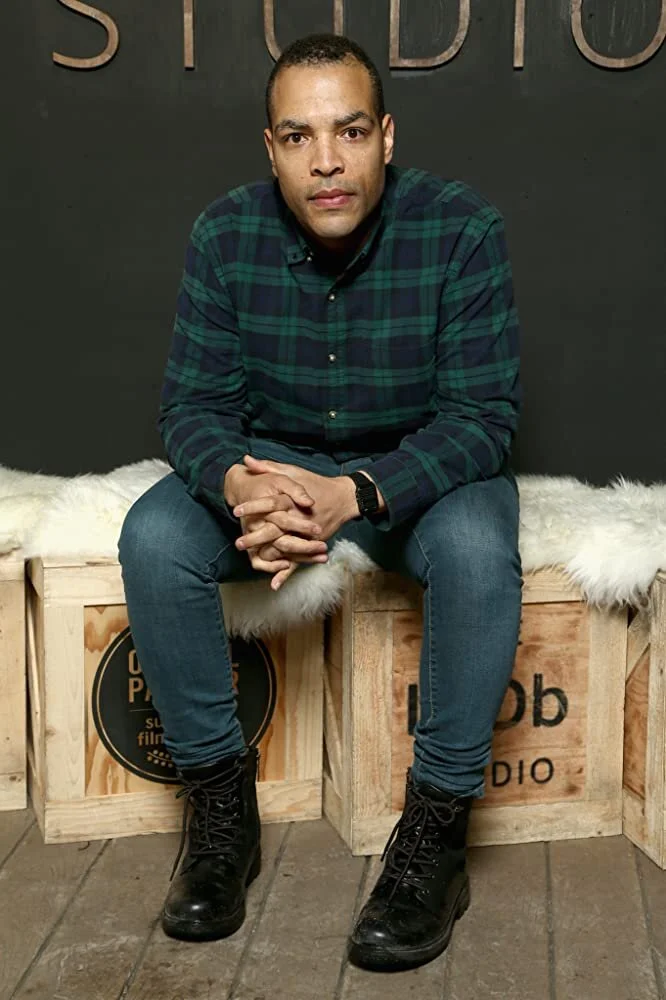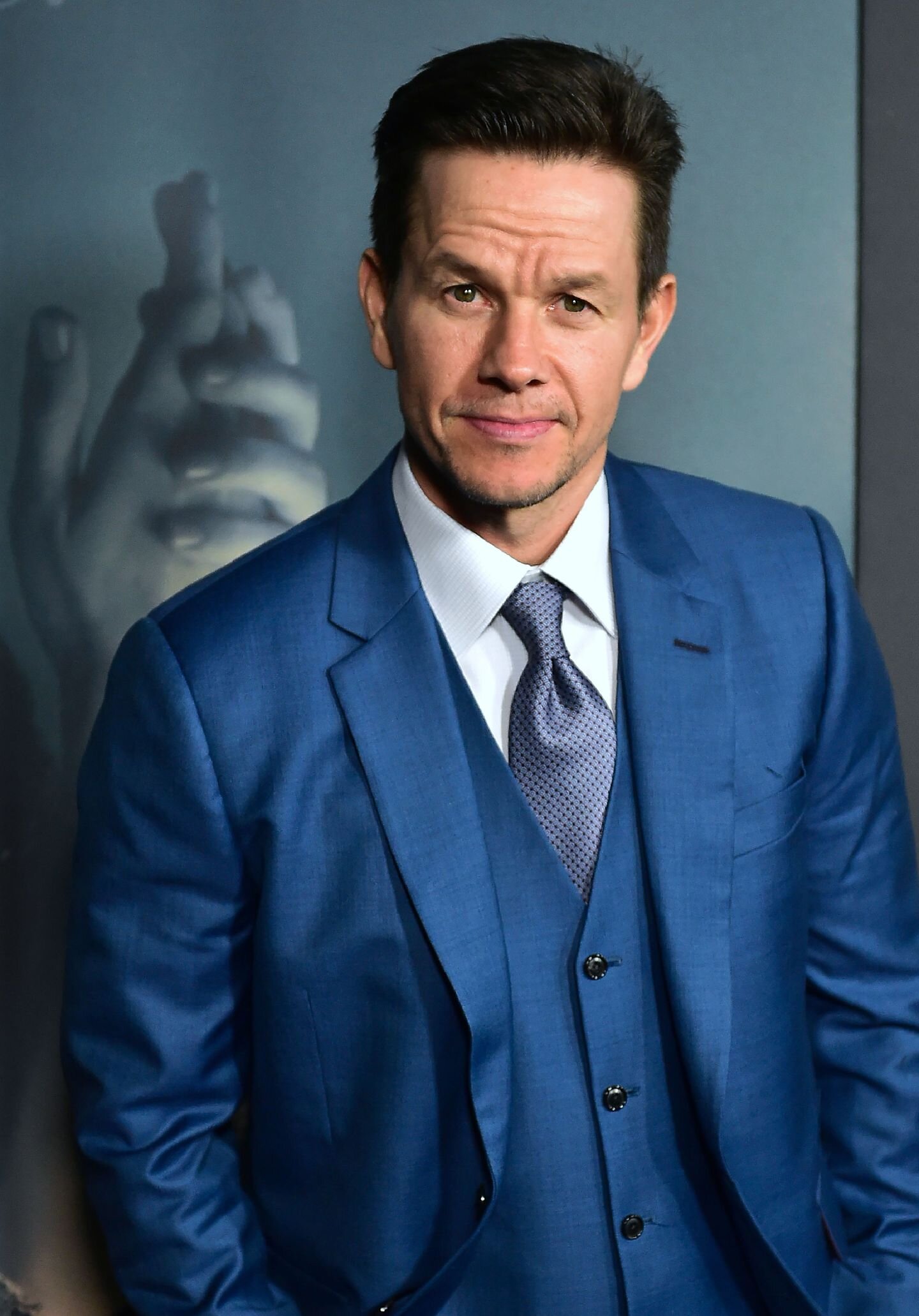Exclusive: Reinaldo Marcus Green On Directing ‘Good Joe Bell’ Starring Mark Wahlberg
Making its World Premiere at the Toronto International Film Festival is Good Joe Bell, directed by Reinaldo Marcus Green and starring Mark Wahlberg, Reid Miller, Connie Britton and Gary Sinise.
GOOD JOE BELL tells the story of an Oregon father, Joe Bell, who sets out on a walk across America in honor of his son, Jadin.
The film was written by Larry McMurtry and Diana Ossana, the Academy-Award winning writing team behind Brokeback Mountain. Green recently directed Monsters and Men starring John David Washington and Antonio Ramos and is currently working on King Richard, with Will Smith playing the father or Venus and Serena Williams, Richard Williams.
In speaking with BlackFilmandTV.com, Green talks about the making of ‘Joe Bell’
What led you to take on this project?
Reinaldo Marcus Green: I received the script from my agent cricket stellar, who represents Cary Fukunaga as well. He sent me an email saying a script written by Larry McMurtry and Diana Ossana and I was like, "Whoa, Brokeback Mountain,” and I read it. I remember watching that movie and loving the film and I immediately opened the script. I said, "Whoa, like a kid in the candy store. I'm gonna rip this one open.” I read it and I remember becoming emotional by the end of the script. My brother, Rashaad and I, we lost our dad seven years ago and there were a lot of parallels in terms of Father-Son relationship. That was a huge part of it on a personal level, and scope was extremely touching, I thought if I became emotional reading it that people would become emotional watching it. And so that was a that was the first part to it. Cary and I were also at NYU together. He graduated a few years before me. I knew that this was an important story for him. We've done a lot of research and he had gone to meet the family. I was coming into it with a with with a lot of research and a great script.
Mark Wahlberg was already attached to the film. A big part of it for me was meeting Mark and seeing how he was going to be and so I met with Mark. I flew from Philly to Boston to meet him. By the end of the conversation, I think it was just it was clear. We're going to go on this journey together. He gave me his number, and I think we must have FaceTime probably every day until we made the movie. He was completely dedicated to the role. He said it was probably the most important job in his career. I felt like an obligation to honor the Bell family and to bring a story to life that was touching. There were similar stories that I remember reading in the news that were similar. The Bronx teen who ended up stabbing a classmate because he was bullied. There was the Rutgers teen who was cyber bullied and end up taking his own life. So there were a number of these stories that have come up over the course of the years. I remember reading and being affected by them and so when I when I heard this story and the incredible journey that the father had, I thought, "why not?" It was like an important story to tell, especially now.
There’s so many themes in the film from the father-son relationship, the bullying and others, what was the challenging aspect in terms of the editing sequence of all of it?
Reinaldo Marcus Green: Half the movie is in flashbacks, and that's always a challenge, right? What are they going to look like? What are they going to feel like? Are they going to take you out? How much you know what to do? People believe that Jadin is alive for half of the film, the reveal. So a lot of it to me was just making sure that we were obviously staying truthful to the storytelling, but also not not being gimmicky about it. We wanted to make it feel raw, make it feel real. A lot of the conversations and the locations that we chose and costumes and that kind of thing is not really hiding it from the audience but not revealing it too soon either. It's about the relationship between father and son and this whole family. I think the challenge was just being authentic, and not making it didactic or heavy handed. It's just remaining objective and allowing the storytelling in the performances to shine and I think we did that.
Anytime you're telling flashbacks that can be tricky, but we have sophisticated audiences now that are used to that kind of storytelling; whether it's Big Little Lies or other ways for people to be using flashbacks. I think we handle them very well. The trickiest part is whose perspective are you in when see flashback? So I think that was that was at times tricky in the Edit, but we thought we struck the balance and where we come into the various flashbacks or how long we stay. Then it was always trial and error a little bit whenever I came into the Edit, but I think we should check the balance there.
Can you talk about working with Mark?
Reinaldo Marcus Green: From our early conversations, Mark had a great relationship with his father, but a complicated one. I feel like we connected there. My father was my best friend, but it was a complicated relationship. We grew up both in rougher areas, and the question of what it what it means to be a man was a question that's posed. It's a question that's posed in a film, but it's also a question that I think a lot of youth deal with. Are you supposed to play football to be tough or supposed to box if you come from certain areas? What does that mean? That was at the heart of a lot of it. Having folks like Joe Bell ask themselves those questions, they think they think that this is what they've been taught. So they have to pass that on to their offspring. We can't put our core pressure on our children to do things that they don't want to do and that they don't feel comfortable with. It doesn't make them any less of a man or woman because they don't choose the thing that you want them to do. And I think as parents ourselves, I think we constantly ask ourselves those questions. So it was a way to investigate ourselves our past and our future. What are the messages that we want to put on? How do we become sort of allies I guess in these fights for justice?.
There's so many of them, but how do we prevent these situations from happening? And I think you can do that through understanding right through self analysis, through understanding what part that you play in that in that process. That's a big part of Mark's complex character, to take that on. From the very early, early stages, we didn't want to make Joe just the perfect guy, because he wasn't and we wanted to make sure that we were true to the complexities of his character. It's somebody that you can you can relate to. He's somebody that you can root for, but he's somebody that is is flawed. That was important, not only to myself, but to Mark in portraying that role and making sure that we didn't sugarcoat any of the things that Joe might have said or done.
We literally did FaceTime every day from December 2019 to when we shot the movie. He was always accessible. He would have read the script out loud two or three times a day. He knew everybody's lines in the film. He was able to play around because he knew the script so well. We were able to improvise because we knew what the roadmap was. We did a lot of playing. For an actor, that's a lot of fun. It gives them room to breathe and to discover things that we probably couldn't if we didn't have the time to do that. It was great working with Mark.







